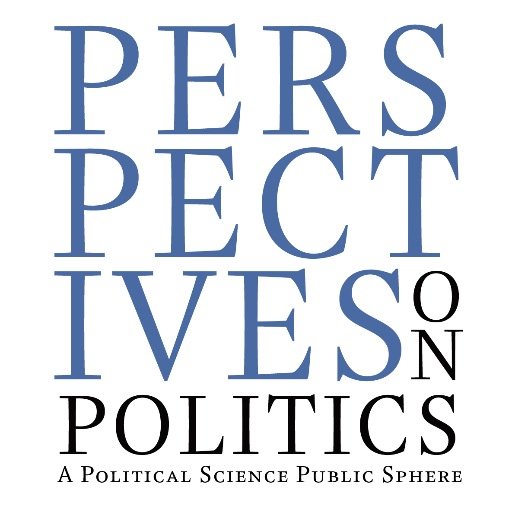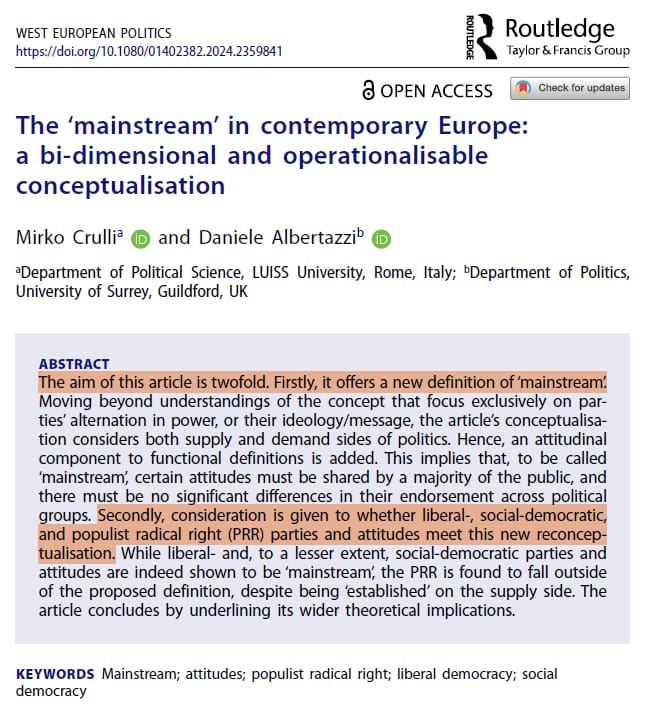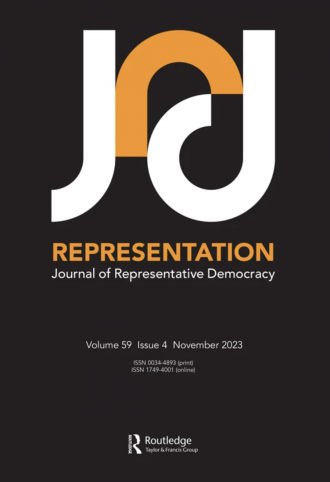Ricerca
-
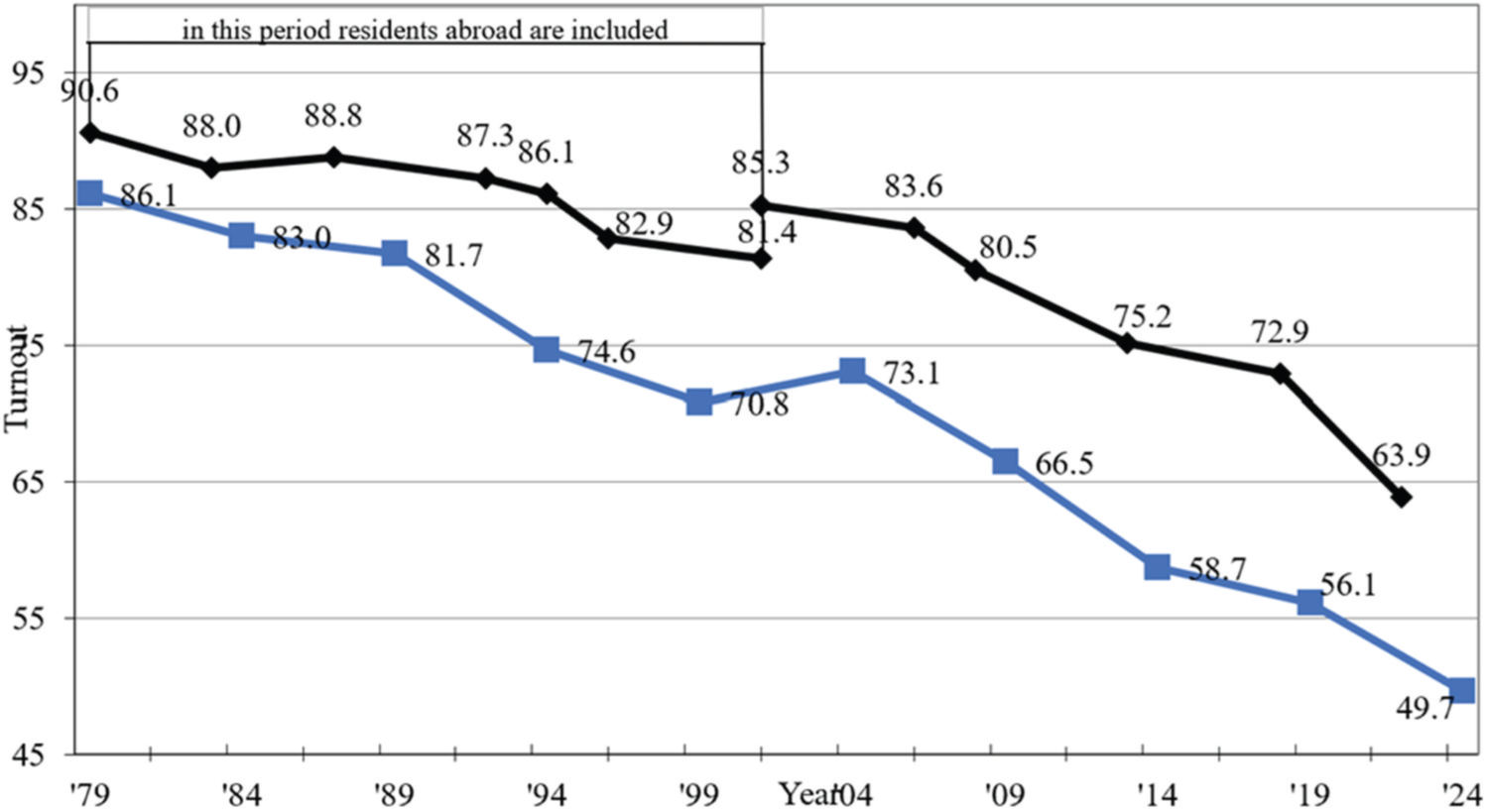
Meloni’s party wins in a record-high abstention election. The 2024 European parliament election in Italy
To cite the article: Emanuele, V. and Garzia, D. (2025), ‘Meloni’s…
-

The consequences of technocracy on electoral participation
To cite the article: Angelucci, D., Emanuele, V., and Improta, M.…
-
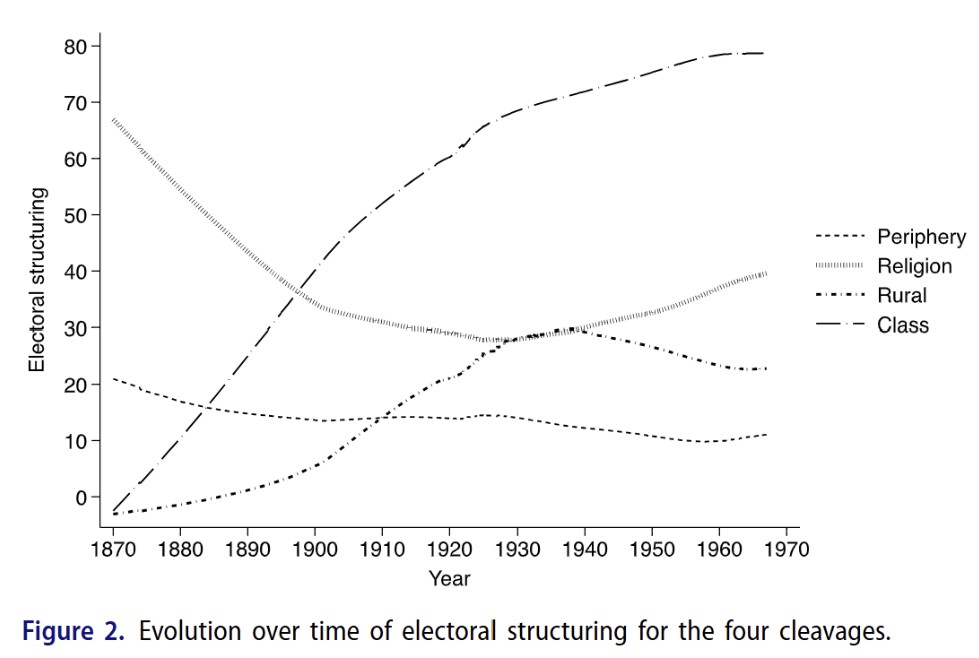
Lipset and Rokkan meet data: the electoral structuring of traditional cleavages, 1870–1967
To cite the article: Emanuele, V. and Marino, B. (2025), Lipset and…
-
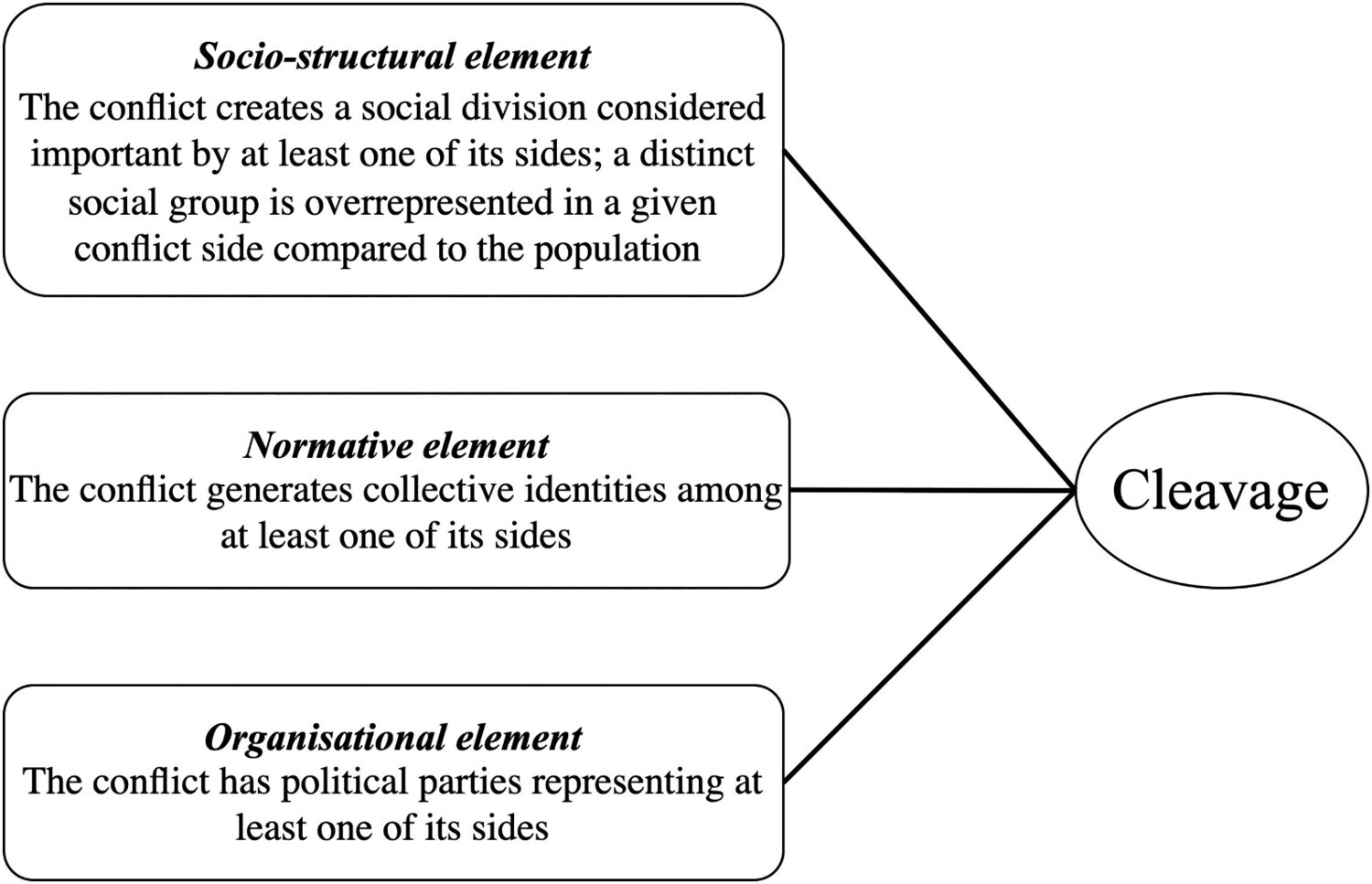
Bringing Rokkan into the twenty-first century: the cleavage structure of Western Europe
To cite the article: Crulli, M. and Emanuele, V. (2025), Bringing…
-
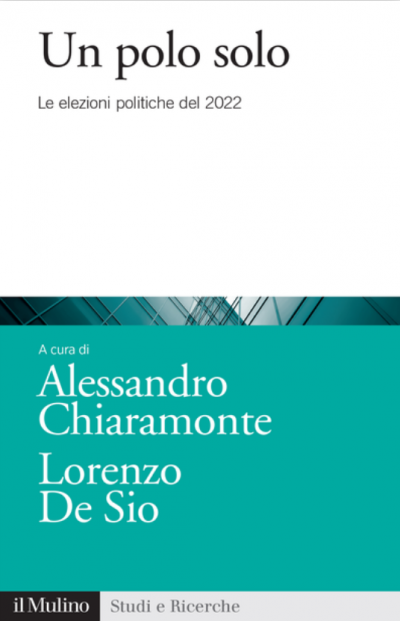
Un polo solo Le elezioni politiche del 2022
To cite the article: A. Chiaramonte, L. De Sio (a cura…
-

Who looks up to the Leviathan? Ideology, political trust, and support for restrictive state interventions in times of crisis
To cite the article: Casiraghi, M.C.M., Curini, L., Maggini, N. and…
